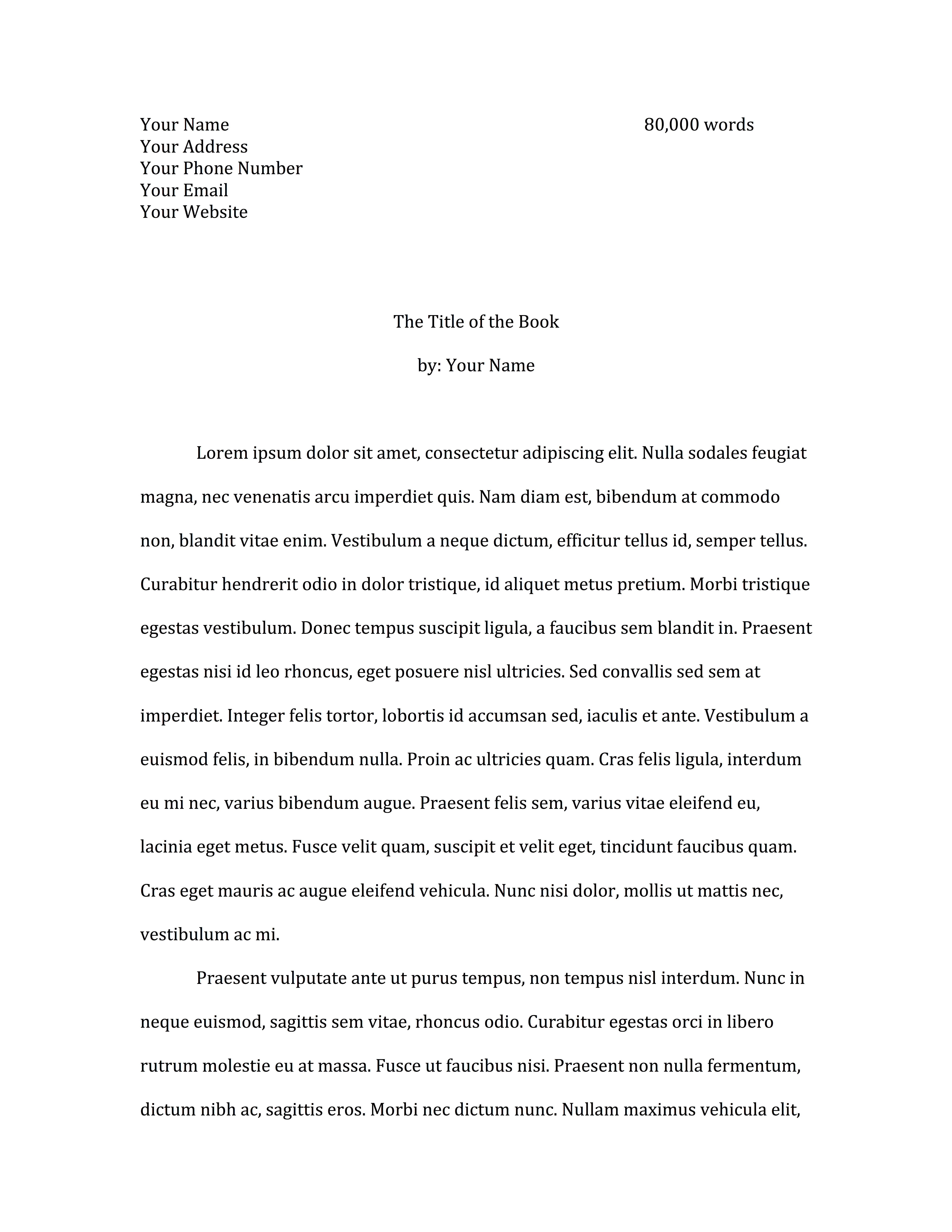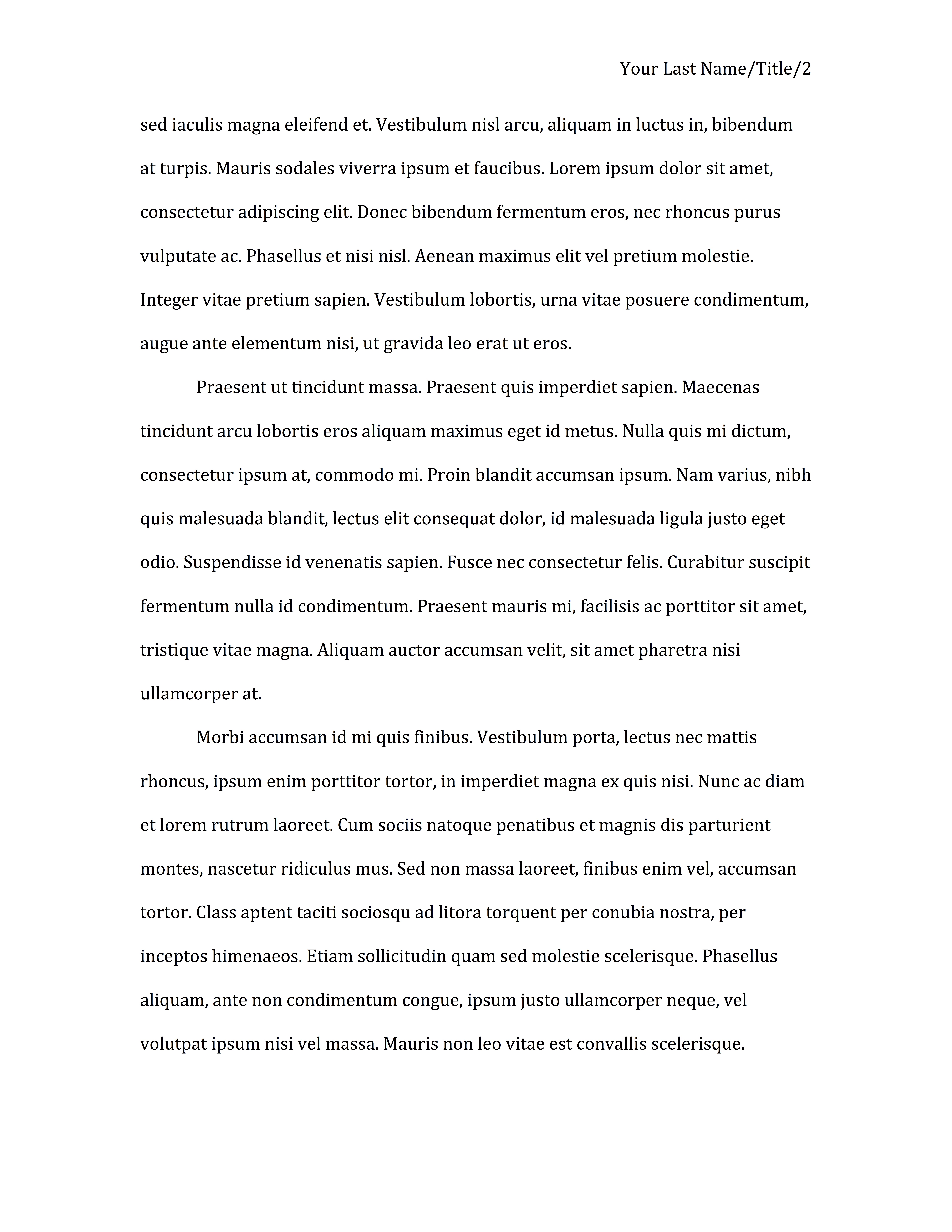
The margin for error in the submissions inbox is very slim. For every query an agent answers, two more come in. We must get through them quickly or risk drowning, so as horrifying as it may be, often those that are formatted poorly go straight to the rejection pile. In the interest of giving your submission a fighting chance out above the hundreds of others, your best bet is to have a clean concise query letter and a well-formatted writing sample.
This particular post focuses on how to format your sample writing. First, remember that your sample/partial or full manuscript is a draft, not a published piece, so you are looking to create pages that are stripped down to just the writing. You want the quickest and cleanest read for the reader without all the fancy parts. (And yes this is true of picture books text too!) Here are some tips on how to format your sample correctly.
First page:
- Top left hand corner has your name, contact information (address, phone, email, and website)
- Top right hand corner has the word count of the ENTIRE novel, not of the sample
- A few spaces down has the title
- Directly following is the opening line of your manuscript
- Do not include a table of contents, an acknowledgments page, quotes, title page, or any other front matter. It is unnecessary and simply takes the reader longer to reach that important first line.
Body:
- Double spaced
- First line of each paragraph should have a 0.5 indentation
- Simple font, (Times New Roman or Arial are safest), black, 12pt, you may use italics or bold for emphasis, but avoid using colors, different fonts etc.
- Page number, title, your last name in the top right header
- Do not include images, fancy headers, or blank pages between chapters. Do not use underline for italics or double spaces after a period (these are outdated).
This standard format will help an agent or editor get to the meat of your writing quickly, which is what you want them to do! Samples of a front page and body page below.




